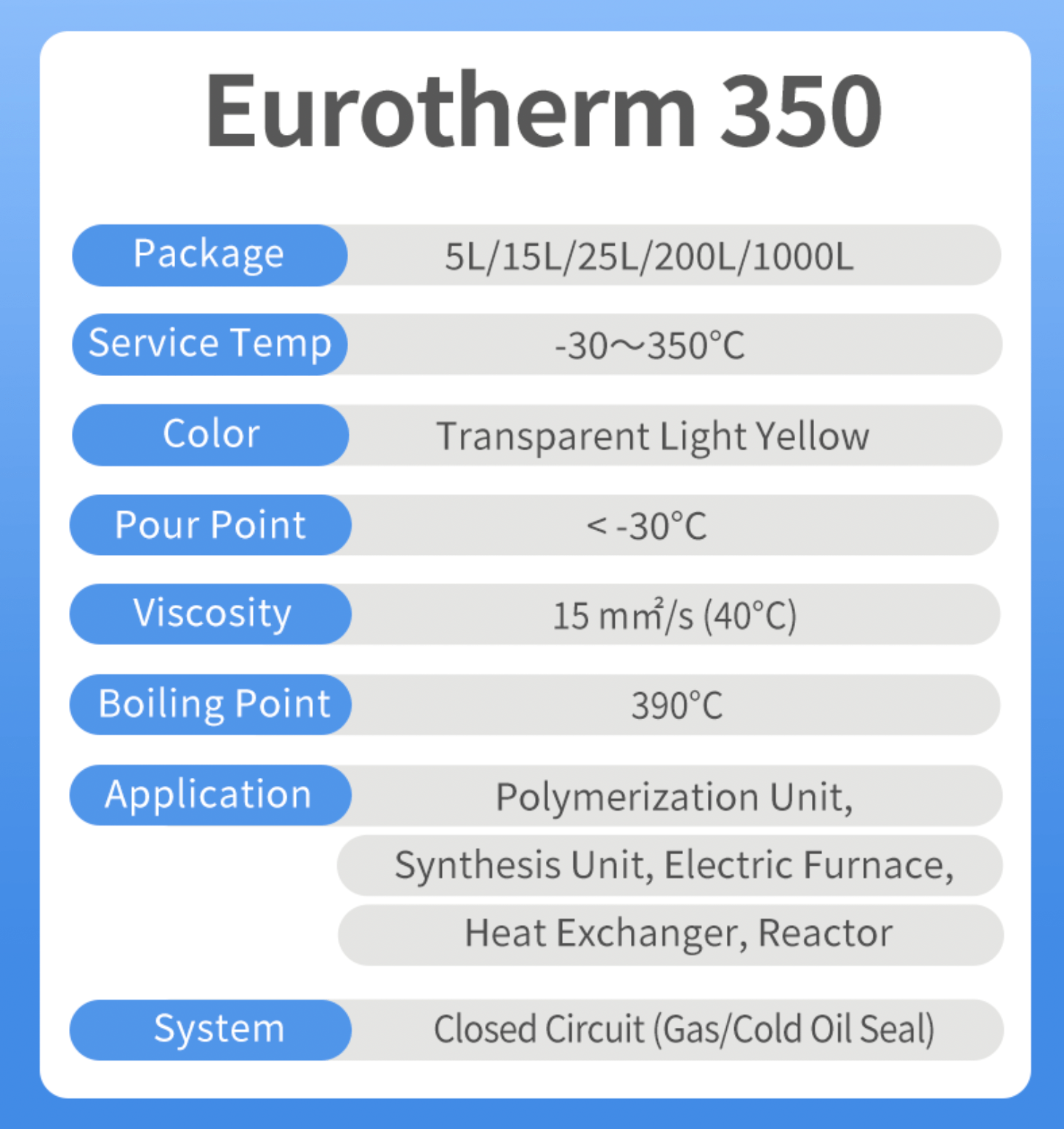Secret Benefits of Using a High-Performance Heat Transfer Fluid
Wiki Article
Exactly How Heat Transfer Fluid Adds To Sustainable and Cost-efficient Workflow
In the modern commercial landscape, the function of heat transfer fluids (HTFs) in advertising lasting and inexpensive operations can not be overstated. These fluids are crucial in enhancing thermal monitoring systems, therefore considerably enhancing power efficiency and lowering functional expenses. In addition, the ecological advantages of advanced HTFs, with their high thermal stability and low poisoning, are indisputable. They not just expand system long life but also add to the reduction of hazardous exhausts. Yet, truth potential of HTFs is recognized with the careful selection procedure, guaranteeing compatibility and security. What aspects should lead this critical choice?Understanding Heat Transfer Fluids
In the realm of thermal administration, heat transfer liquids (HTFs) serve as vital representatives for transferring thermal energy from one place to an additional. These fluids play a pivotal function in different commercial applications, including chemical processing, power generation, and Cooling and heating systems.The make-up of warmth transfer fluids can vary dramatically, consisting of options such as mineral oils, artificial oils, glycols, and molten salts. Each type offers distinctive benefits, such as improved thermal security, low thickness, and high boiling points, which are chosen based on details operational demands. Additionally, the option of HTF influences not only the effectiveness of heat transfer yet also the long life and security of the system in which it is employed.
As markets remain to introduce, the growth of sophisticated HTFs, defined by their boosted thermal conductivity and decreased ecological impact, is crucial for satisfying the demands of modern thermal management difficulties.

Enhancing Energy Efficiency

Improving energy effectiveness has actually come to be a vital worry throughout different sectors, triggering a better exam of warmth transfer fluids' function in enhancing thermal administration systems. These liquids are indispensable to keeping the wanted temperature level in processes, thereby decreasing power waste and boosting overall system performance. By selecting an appropriate warm transfer liquid, industries can dramatically improve their power efficiency, causing lowered power usage.

Advanced solutions of warm transfer liquids have actually been established to withstand severe temperature levels while maintaining stability and efficiency. Boosting energy efficiency with optimum warmth transfer fluid option is not only a technical requirement however also an ecological essential.
Minimizing Functional Costs
Operational prices are a substantial consideration for markets looking for to maintain affordable advantage, and the choice of heat transfer fluid plays an essential duty in cost management. Choosing a proper warm transfer fluid can result in significant expense financial savings by improving system performance and reducing power intake. High-performance fluids minimize thermal destruction, which subsequently reduces the regularity of fluid substitute and downtime associated with upkeep, therefore reducing functional expenses.Furthermore, heat transfer liquids with remarkable thermal stability and deterioration resistance prolong the life expectancy of tools. This reduces the demand for regular repair work and replacements, which can be pricey reference and turbulent to operations. By buying premium fluids, sectors can accomplish long-term decreases in maintenance prices and enhance the reliability of their systems.
In addition, progressed warmth transfer liquids usually show reduced thickness at running temperature levels, which improves pump performance and minimizes energy usage in liquid blood circulation. This optimization of power usage straight translates right into decreased functional prices. Additionally, numerous contemporary warmth transfer fluids are engineered to run efficiently over a vast temperature range, reducing the demand for numerous liquid kinds, therefore improving inventory requirements and reducing linked costs. These aspects jointly add to even more sustainable and economical operations.
Environmental Impact Decrease
The press towards lowering ecological influence has actually obtained energy in sectors leveraging warmth transfer fluids. Warmth transfer fluids (HTFs) play a vital duty in this transition, using possibilities to boost energy effectiveness and reduce emissions - heat transfer fluid.Moreover, making use of innovative warmth transfer fluids adds to improved system efficiency, minimizing the overall energy usage. This reduction not just causes price savings yet additionally lowers co2 emissions, aiding in the battle against climate change. Fluids that are biodegradable and recyclable better improve sustainability efforts, as they diminish waste and promote circular economic situation practices.
Furthermore, integrating HTFs into closed-loop systems stops fluid loss and contamination of the surrounding atmosphere. This technique guarantees that liquids are recycled, minimizing the need for new resources and limiting waste generation. By accepting these environmentally mindful methods, industries can substantially decrease their ecological effect while keeping high functional performance, straightening with international sustainability objectives and regulatory needs.
Choosing the Right HTF
Picking the proper warmth transfer fluid (HTF) is a crucial action in advancing ecological sustainability within commercial procedures. The choice of HTF directly affects system effectiveness, power usage, and environmental effect. An optimal Learn More Here HTF needs to possess a high thermal ability, low viscosity, and high thermal conductivity to make certain efficient heat transfer. Additionally, its security over a wide temperature level range is critical to stop deterioration, which can cause boosted discharges and waste.This ensures durability and lowers visit the site upkeep costs. The fluid needs to be non-toxic and naturally degradable, lessening its ecological footprint and making sure conformity with environmental policies.
Verdict

Report this wiki page